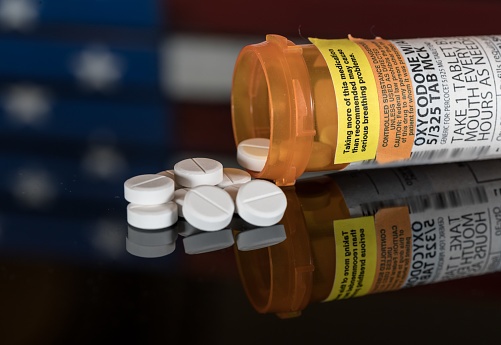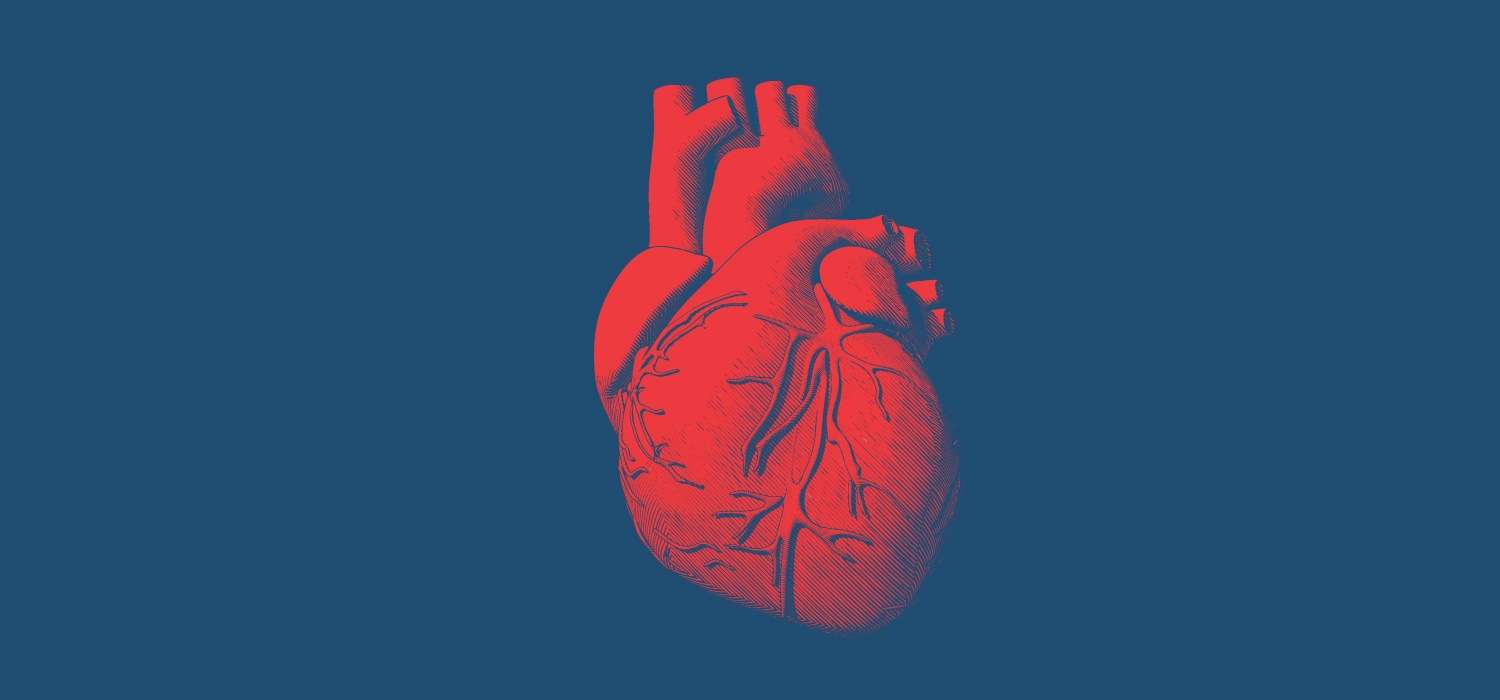
Depression screening in survivors of acute coronary syndromes (ACS) had no impact on quality of life, according to study results presented at the 2019 American College of Cardiology Annual Scientific Session in New Orleans.
Depression has long been identified as a risk factor for heart disease, and according to an ACC press release, one in five patients suffers from the condition after surviving ACS. There has been evidence that depression can raise the risk for recurring adverse cardiac events and even mortality. With this in mind, a research team led by Ian Matthew Kronish, MD, associate professor of medicine at Columbia University Medical Center, sought to assess whether the use of systematic depression screening
Researchers for the Comparison of Depression Identification After Acute Coronary Syndromes-Quality of Life and Cost-Effectiveness (CODIACS-QOL) study enrolled 1,501 ACS patients in the three-arm trial that randomized ACS patients to either usual care (no screen; n=500); systematic depression screening using the PHQ-8 health questionnaire and notifications to care providers upon positive screens (n=501); and a third intervention consisting of systematic depression screening and notifications plus a stepped-care approach to depression treatment (n=500). Participants were hospitalized with an ACS within the previous two to 12 months and had no history of depression. The primary endpoint was the change in quality-adjusted life years.
A little more than 7% of patients had depression based on PHQ-8 screening at initial study screening. According to the results, there were not differences in annualized mean quality-adjusted life years (P=0.76), or in cumulative mean depression-free days (which ranged from 339 to 351 over the 18-month study period; P=0.65). There were also no significant differences in depressive symptoms at nine months, or in antidepressant use, or rates of death or bleeding.
“Based on this study and the best evidence we have, we don’t see a justification for putting large amounts of resources into universal, systematic depression screening for these patients,” said Kronish of the results in a press release. “However, that doesn’t mean physicians shouldn’t be on the lookout for signs of depression or that, if they notice it, they should ignore it. Depression still has a major impact on patients’ quality of life and prognosis overall, and if physicians do find it, they should absolutely try to address it with treatments that can reduce the depressive symptoms.”
Kronish added that while the results showed no impact on quality of life, more research may be needed to identify effective treatments for depression.
“We hope this isn’t the final word on this question and that others will look into different ways to identify heart attack survivors who could benefit from depression treatment,” he said. “In addition, we need to think about how we can improve our depression treatments to have a bigger benefit, which could make screening more worthwhile.”







 © 2025 Mashup Media, LLC, a Formedics Property. All Rights Reserved.
© 2025 Mashup Media, LLC, a Formedics Property. All Rights Reserved.